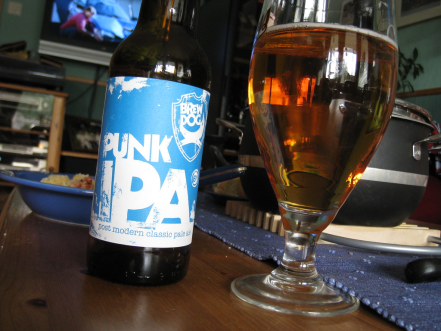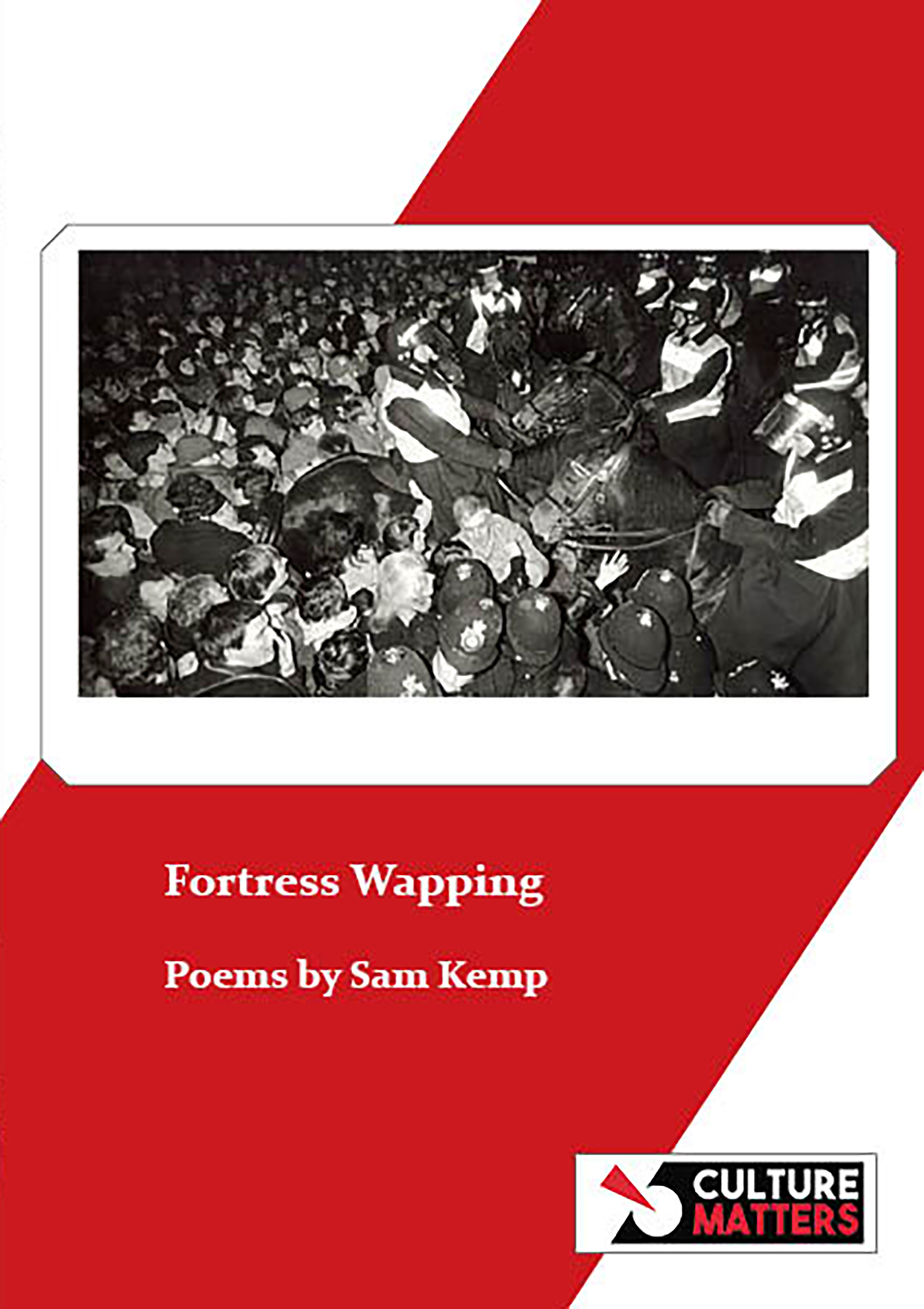
By Keith Flett
The news that Brewdog shut 10 bars during July including the first in its home location of Aberdeen and the first in London, led to a range of media commentary.
The media don’t generally write about beer beyond frequent reports that teens and twenties have given up drinking it, and details of financial results in the business pages.
There are of course writers who do know their beer that can be found in the mainstream media. Pete Brown has a regular Sunday Times column, and Melissa Cole, Adrian Tierney Jones (Daily Star) and Laura Hadland can also be found quite regularly.
Articles about the future of Brewdog (or lack of one) have appeared in the Telegraph and New Statesman. Here it’s less than obvious that the writers are that familiar with beer or Brewdog pubs. Even so they get the TSG private equity issues (presumably having read recent Financial Times coverage).
The pieces are paywalled. but the final paragraph of the New Statesman article speaks to wider cultural issues. It concluded on Brewdog:
So is this the beginning of the end for BrewDog? Have we reached peak Punk? The world is a very different place now to what it was in 2007. The try-hard PR stunts, the private equity, and the controversial employment practises – all under the inauthentic guise of “punk” – feels, in 2025, deeply uncool. So, drink up your Lost Lager. It’s almost time for last orders.
Why does this matter? There are many who would be far from unhappy if the Brewdog brand and beers were no longer around, although that clearly would not include the workers in the brewery or bars – roughly 3,000 of them, including many members of Unite the Union.
The analogy although it may seem an odd one is with the Sun newspaper. The subject of a longstanding labour movement boycott, its sales are nowhere what they were when Alastair Campbell and Tony Blair courted Rupert Murdoch. Even so it remains a central part of the print news culture and business. That means that shops, supermarkets etc. stock a range of papers, even including in some cases the Morning Star! Without the Sun that entire edifice might well disappear.
Equally a look at any ‘craft’ beer section in a supermarket will find a considerable section given over to the products of the Scottish brewer, because beyond niche beer drinkers Brewdog equals craft beer for a wider drinking public.
Punk IPA, certainly not the iconic cask beer it was 15 and more years ago, is arguably still the best-known craft beer brand. The fact that it can be bought in draught much more cheaply in 800 or so Wetherspoons pubs than it can in Brewdog’s own bars tells us something about the wider beer and pubs industry and also how Brewdog decides to market its beers.
Brewdog’s other best seller at least according to them is their Nitro Stout, designed to compete with Guinness which has seen a significant boost its own popularity. The stout is largely available in supermarkets and Brewdog’s own bars rather than the wider ‘on-trade’. It’s here perhaps that Brewdog’s withdrawal from UK locations such as Leeds, Sheffield and York hits home.
Despite the Telegraph making up a story about the cause of Brewdog bar closures being Labour’s ‘tax bomb’ and seeking the views of (former) ‘CEO’ James Watt, a BBC report on the closure of Leeds Brewdog underlined the realities.
The bar was clearly not doing enough trade to make it a viable business. Brewdog bars have struggled because they are expensive (although not the most expensive) and the beer, once noted, is now in the main distinctly average.
Join a union!
Particularly telling, despite Brewdog’s claims to the contrary was the bar worker who noted they were told of the closure on Tuesday and were now out of a job on Saturday. It’s hardly unusual in hospitality unfortunately. A good reason for bar workers to join a union. Whether the Employment Relations Bill, which is likely to start to become law (in part) in 2026, will do that much to help shotgun employment relations remains to be seen.
This is it were is the front end of the Brewdog story but as Marx noted about capitalism, what is going on beneath the surface is also of considerable interest.
The private equity firm TSG invested £213 million into BrewDog in 2017. It was split as follows:
- £110 million to buy preferred shares from the founders. This represented a financial gain for James Watt and Martin Dickie
- £102 million of new capital into BrewDog via more preference shares and warrants. The investment allowed Brewdog to raise more capital. Before the TSG deal they had raised £26m, after the deal they raised £67m
TSG’s have 22.3% stake in the company, valuing BrewDog at £895 million. But the shares TSG acquired weren’t ordinary equity, they came with an 18% compounding return, one of the most aggressive quasi-equity terms ever seen. This compounding appreciation is described as ‘remorseless’.
In 2025 TSG’s original £213 million has now grown to over £800 million, giving it first priority in any sale, IPO, or distribution. That’s more than the likely value of the company today, circa £500 million.
That means that the stakes held by James Watt and Martin Dickie, by equity for punks and shareholders and staff shares are likely to be worthless.
However for TSG to recover their investment, in effect a debt, a sale has to take place. They however do not own a majority share, and would need to persuade other significant shareholders to back them, even though they would probably get no financial benefit. This also raises the issue of those who have equity for punks shares.
Professor Ross Brown of Aberdeen University has noted that the way Brewdog developed is now used as a ‘case study by business school academics’. The private equity deal allowed Brewdog to raise capital and to rapidly expand. At the same time the protections for those small investors, often Brewdog drinkers, who invested in various crowdfunding exercises were limited. Hence equity for punks shareholders may get little or no return on their investment.
Brewdog is now caught between the original Punk IPA anti-Establishment image it promoted and the fact that it operates as a corporate business which struggles to be profitable. The Telegraph revealed in August 2025 that Punk IPA had been delisted from nearly 2000 bars in recent times in favour of Camden and Beavertown beers. Both are owned by global big beer (ABInBev and Heineken) but neither have the image issues of Brewdog.
This leaves Brewdog with just 754 Wetherspoons pubs as its main on-trade outlet. Not exactly the image the former flagship for craft beer started out with but an important reminder about how market capitalism deals with and ultimately destroys even limited challenges to its operations.
The search for a successful challenge outside of a socialist society remains – if it is possible of course. The decision of Brewdog’s co-founder Martin Dickie to suddenly quit in late August leaves the brewer of Punk IPA without either of the original punks. The whole story is a reminder that market capitalism has ways of incorporating and destroying what nearly twenty years ago seemed like a potential new opening for beer.















